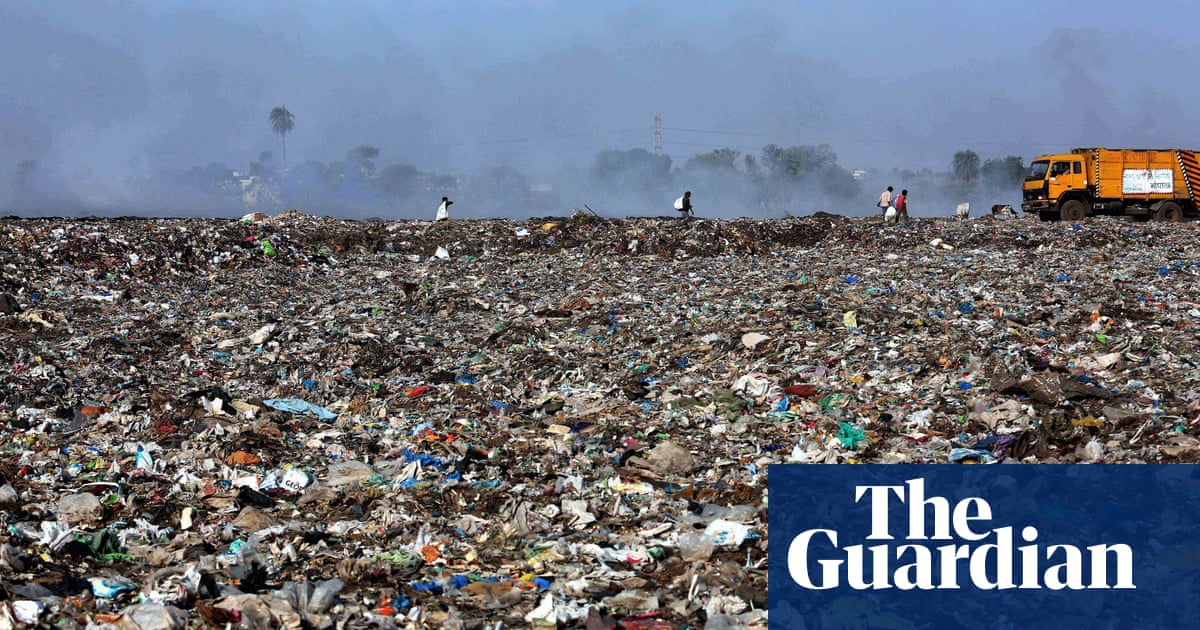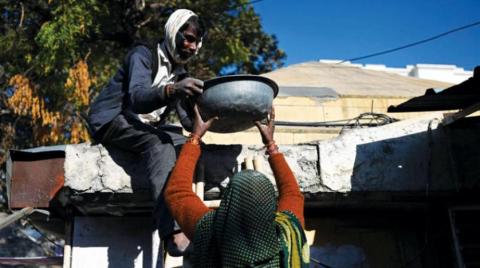
More workers will be forced to accept lower quality and poorly paid jobs this year as a result of the global economic slowdown, according to a report from the International Labour Organization (ILO).
In its latest assessment of the state of the labour market, the Geneva-based ILO warned that “high and persistent” uncertainty over the state of the global economy was depressing business investment, eroding real wages and pushing workers back into informal employment, which can involve street vending, housekeeping or picking through landfills.
Overall, the organisation is forecasting that global employment will grow at only half the rate seen in 2022, at just 1% for 2023. The slowdown will not only impact further progress towards reducing poverty levels, but also stall the previous rise in living standards for global workers who will have fewer opportunities available to them.
“The current slowdown means that many workers will have to accept lower quality jobs, often at very low pay, sometimes with insufficient hours”, the ILO’s 2023 World Employment and Social Outlook Trends report warned.
Economies the world over are suffering as result of geopolitical tensions, including the war in Ukraine, as well as supply chain bottlenecks, and the uneven recovery from the Covid crisis. Together, those conditions have sparked a period of stagflation – in which an economy suffers high price inflation and low growth – for the first time since the 1970s.
The resulting cost of living crisis, in which incomes have failed to keep up with rising inflation, is also pushing people into absolute or relative poverty across the world, the ILO explained. Price inflation was reducing demand for goods and services from low and middle income countries, threatening employment and quality jobs before they have even recovered fully from the economic effects of the Covid pandemic.
The ILO said the ongoing shortage of better job opportunities, which started during the Covid crisis when lower income workers were disproportantely disadvantaged, was likely to worsen with the projected slowdown, “pushing workers into jobs of worse quality and depriving others of adequate social protection”.
“Progress in poverty reduction achieved over the previous decade has largely faltered and convergence in living standards and work quality is coming to a halt as productivity growth slows worldwide,” the report said.
The ILO said it does not expect the drop off in employment growth experienced during the Covid crisis to be recovered until at least 2025, and raised further concerns over a projected slowdown in productivity, which it said was “essential for addressing the interlinked crises we face in purchasing power, ecological sustainability and human wellbeing”.












